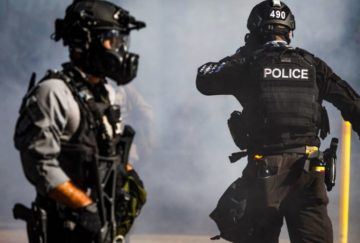 Lily Hu in Boston Review:
Lily Hu in Boston Review:
Since the 1970s, the development of causal inference methodology and the rise of large-scale data collection efforts have generated a vast quantitative literature on the effects of race in society. But for all its ever-growing technical sophistication, scholars have yet to come to consensus on basic matters regarding the proper conceptualization and measurement of these effects. What exactly does it mean for race to act as a cause? When do inferences about race make the leap from mere correlation to causation? Where do we draw the line between assumptions about the social world that are needed to get the statistical machinery up and running and assumptions that massively distort how the social world in fact is and works? And what is it that makes quantitative analysis a reliable resource for law and policy making?
In both academic and policy discourse, these questions tend to be crowded out by increasingly esoteric technical work. But they raise deep concerns that no amount of sophisticated statistical practice can resolve, and that will indeed only grow more significant as “evidence-based” debates about race and policing reach new levels of controversy in the United States. We need a more refined appreciation of what social science can offer as a well of inquiry, evidence, and knowledge, and what it can’t. In the tides of latest findings, what we should believe—and what we should give up believing—can never be decided simply by brute appeals to data, cordoned off from judgments of reliability and significance. A commitment to getting the social world right does not require deference to results simply because the approved statistical machinery has been cranked. Indeed in some cases, it may even require that we reject findings, no matter the prestige or sophistication of the social scientific apparatus on which they are built.
More here.
